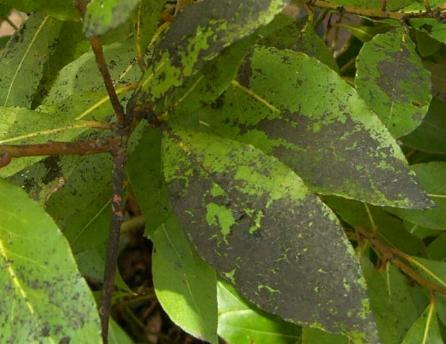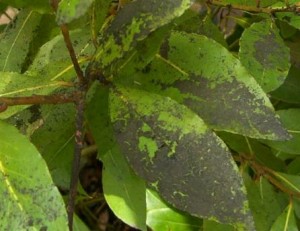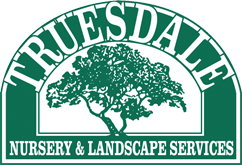
01 May Plant, Insect and Disease Control
 Spring is four weeks ahead of schedule and that could mean a potential pest infestation for homeowners – especially since the past winter was mild. Agronomic specialist Glenn Koleda is extremely concerned, he states, “I’ve already seen aphids and soft scale this year which means even more will hatch within the next few months.”
Spring is four weeks ahead of schedule and that could mean a potential pest infestation for homeowners – especially since the past winter was mild. Agronomic specialist Glenn Koleda is extremely concerned, he states, “I’ve already seen aphids and soft scale this year which means even more will hatch within the next few months.”
Aphids, also known as plant lice are small sap sucking insects that cause curling, yellowing and leaf distortion. Soft scales remove sap from plants and cause yellowing of leaves and overall plant decline. Aphids and soft scale also produce sticky excrement which may grow a black sooty mold fungus. For protection against aphids, soft scale and other pests, Truesdale recommends an application of Insect and Disease Control. An I&D application is a 30-day preventative, as well as a solution to curtail pests that have already hatched. Delaying this application could result in such a severe infestation, trees and shrubs will need to be replaced.
Another application recommended in May or June is a fungicide preventative to protect plants throughout the summer. All trees and shrubs are at risk of fungus during the hot humid months of July. A major fungus in our area this year will be cedar apple rust; which, presents as orange specks on the leave of crab apple trees. If left untreated the fungus will spread as soon as the environment is humid enough for it to thrive. Once this occurs, the crab apple tree will defoliate and this means in July the tree will have no leaves. This is just one example of thousands that could destroy your trees and shrubs. A fungicide application applied soon will offer protection now and throughout the hot humid month of July when fungus becomes a major issue for all trees and shrubs.
Either of these applications can be applied within 10-15 minutes and they are safe for animals and children. If you have any questions about an existing condition or the Truesdale Tree & Shrub program, please call our office to make an appointment with our agronomic specialist, Glenn Koleda.


